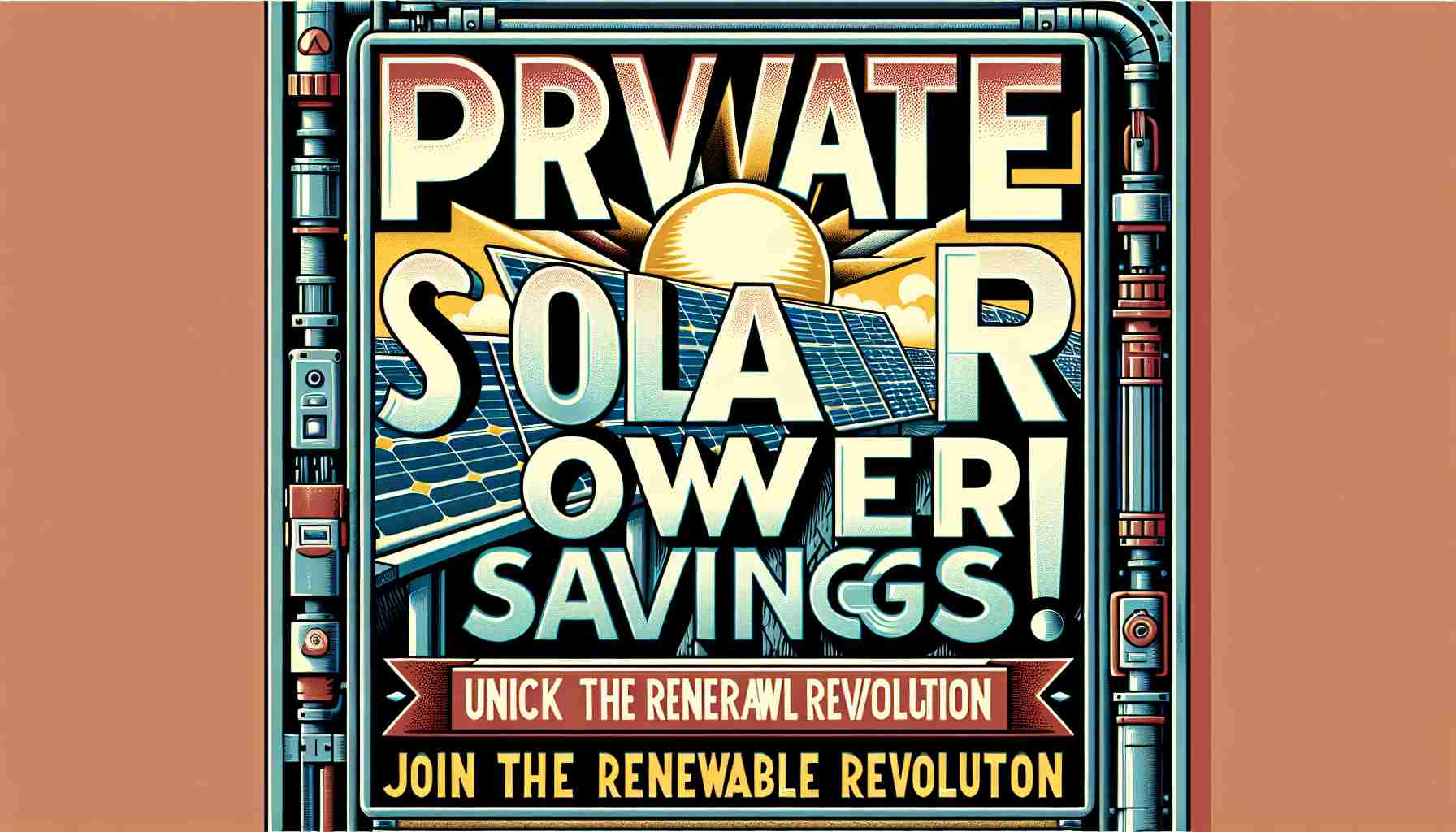A New Way to Go Green
Duke Energy is launching an exciting new solar energy program, allowing customers to easily tap into renewable power sources without the hassle of ownership. By subscribing in 1-kilowatt (kW) increments to energy generated from competitively sourced solar facilities, customers can enjoy the benefits of solar energy. Each month, the subscription fee is conveniently added to their electric bill.
Subscribers will enjoy a monthly credit reflecting their share of solar energy produced. This unique credit is based on their individual subscription and increases each year after three years of participation, rewarding long-term commitment. It’s an effortless route to support a sustainable future.
Who Can Participate?
This innovative program is beneficial for everyone and is designed to have no adverse financial effects on those who choose not to participate. Set to launch in 2027, it will be accessible to all Duke Energy customers. Those who have lived at their address for over a year can select a subscription that aligns with their electricity usage. For newcomers, starting with a 1 kW subscription is an option, with adjustments available post one year.
Exclusive Benefits for Income-Qualified Households
Customers with an income at or below 200% of the Federal Poverty Guidelines may qualify for additional advantages. They will pay a lower subscription fee while receiving higher bill credits, ensuring substantial savings. The program is designed to operate fairly, benefitting all participants while safeguarding non-participants from increased costs.
A Sustainable Shift: Implications of Duke Energy’s Solar Program
Duke Energy’s new solar energy initiative represents a shift not just in energy consumption, but in societal values toward sustainability. By harnessing solar energy without the complexities of ownership, this program lowers barriers for individuals and families to engage with renewable energy. With a growing emphasis on combating climate change, such initiatives can significantly influence cultural attitudes around energy responsibility. As communities become more aware of their carbon footprints, a shift towards green energy solutions is likely to gain momentum, rewriting traditional narratives surrounding energy production and consumption.
The global economy stands to gain from increased investment in renewable energy technologies. Duke Energy’s model encourages further innovation within the sector, creating jobs in solar installation and maintenance while spurring development of related industries. This transition contributes to a more resilient economy, less reliant on fossil fuels and prone to the whims of volatile markets.
On a more profound level, these programs may have environmental effects that resonate long-term. As a larger segment of the population subscribes to solar sources, cumulative reductions in greenhouse gas emissions may help mitigate the pressing challenges of climate change. Predictions suggest the solar industry could triple its output in the next decade, making initiatives like Duke’s pivotal for a more sustainable future. With such growing patronage, the potential for positive environmental impact becomes increasingly significant, paving the path for future trends focused heavily on clean energy and sustainability.
Unlock the Benefits of Solar: Duke Energy’s Revolutionary New Program
A New Way to Tap into Solar Energy
Duke Energy is set to redefine access to renewable energy with its upcoming solar energy program launching in 2027. This initiative allows customers to leverage solar power without owning solar panels, simplifying the process of transitioning to sustainable energy. Participants can subscribe to energy produced by competitively sourced solar facilities in increments of 1 kilowatt (kW), with the subscription fee seamlessly added to their monthly electric bill.
Monthly Credits and Long-Term Rewards
One of the standout features of this program is the monthly credit subscribers will receive, reflecting their portion of the solar energy generated. This credit is specifically linked to their individual subscription and is designed to increase annually after three years, rewarding committed participants for their support of renewable energy initiatives. This not only encourages sustainability but also offers a tangible financial benefit to subscribers over time.
Who is Eligible for the Program?
The innovative program is designed to be inclusive, with no negative financial impacts for customers opting out. All Duke Energy customers, particularly those who have lived at their address for over a year, will have the option to tailor their subscription to match their electricity usage. Newer customers also have the flexibility to start with a 1 kW subscription, allowing them to adjust their participation level after one year based on their energy needs.
Special Considerations for Income-Qualified Households
Duke Energy recognizes the need for equitable access to renewable energy solutions. As such, they are providing exclusive benefits for income-qualified households, specifically those with incomes at or below 200% of the Federal Poverty Guidelines. These low-income subscribers will enjoy lower subscription fees and higher monthly bill credits, resulting in significant savings. This approach ensures that the program not only promotes sustainability but also supports economic fairness.
Pros and Cons of Duke Energy’s Solar Program
Pros:
– Ease of Access: No need for solar panel ownership.
– Financial Incentives: Monthly credits and annual increases for long-term subscribers.
– Inclusive Design: Available to all customers, regardless of financial status.
– Support for Low-Income Families: Special pricing and benefits for qualifying households.
Cons:
– Wait Until 2027: Customers will need to wait for the program’s launch.
– Subscription-Based: Participants pay monthly and may not equate to direct ownership benefits.
Market Insights and Trends
The introduction of programs like Duke Energy’s aligns with growing trends in renewable energy consumption and the push for sustainable practices. As utilities pivot towards innovative solutions, subscription-based solar energy is gaining traction. This model not only democratizes access to renewable energy but also helps mitigate the financial barriers often associated with adopting green technology.
Conclusion
Duke Energy’s new solar program is expected to be a game-changer for its customers, allowing them to engage with renewable energy in a modular and financially sound way. With its commitment to inclusivity and sustainability, the program is poised to contribute significantly to the wider adoption of green energy practices.
For more information on this initiative and other renewable energy developments, visit Duke Energy’s official website.
